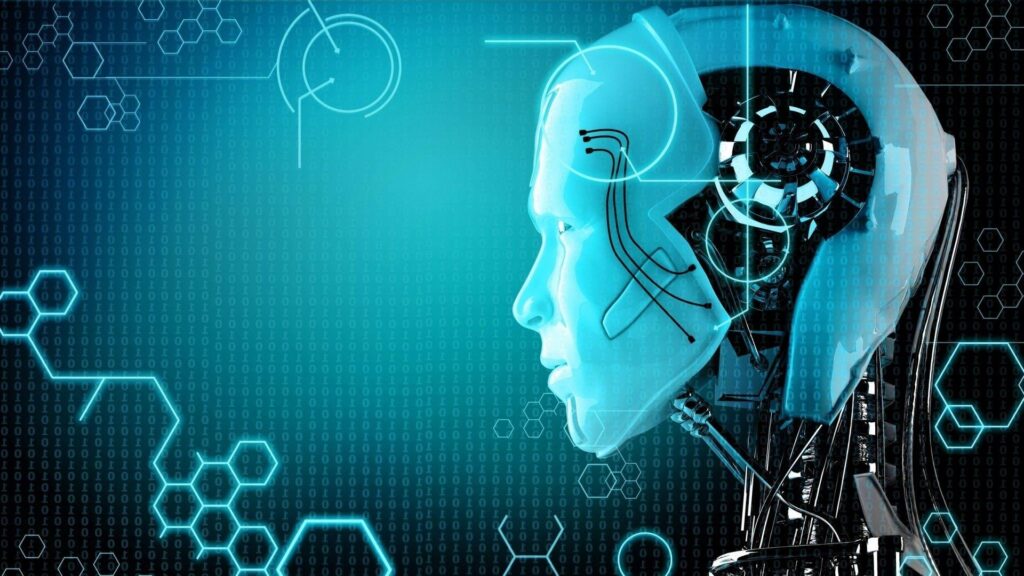
Artificial intelligence (AI) is one of the most exciting and rapidly evolving fields in technology today. At its core, AI involves developing computer systems capable of performing tasks that would typically require human intelligence and decision making.
Just a few decades ago, AI was still largely confined to the realms of science fiction. But recent breakthroughs in areas like machine learning, neural networks, and natural language processing have transformed AI into a potent technological force reshaping entire industries.
Some of the current AI applications and use cases include:
- Voice assistants like Siri, Alexa, and Google Assistant that can understand and respond to spoken commands
- Facial recognition technology to automatically identify people in images and video
- Fraud detection systems that can identify suspicious financial transactions
- Recommendation engines that power suggested content on platforms like Netflix, YouTube, and Amazon
- Self-driving car technology that can navigate roads with little to no human input
- Medical diagnosis tools that can analyze medical images and test results
And this is just the tip of the iceberg. AI is finding use across an ever-expanding range of domains including manufacturing, logistics, customer service, cybersecurity, scientific research, and creative fields like art and music.
Looking ahead, we can expect AI capabilities to progress at a blistering pace. Research into machine learning, deep learning, and artificial general intelligence (AGI) is advancing rapidly worldwide. Tech giants and startups alike are investing billions into developing the next generation of AI systems.
Of course, the rise of AI also raises important ethical questions about privacy, bias, transparency, and the societal impact of these technologies. There are concerns about job displacement, AI systems acquiring harmful biases, and the longterm risks of superintelligent AI systems.
But when developed and deployed responsibly, AI presents incredible opportunities to increase efficiency, enhance decision making, automate tedious tasks, and augment human capabilities in remarkable ways. As AI continues to evolve, it will undoubtedly disrupt the status quo and shape our world for decades to come.